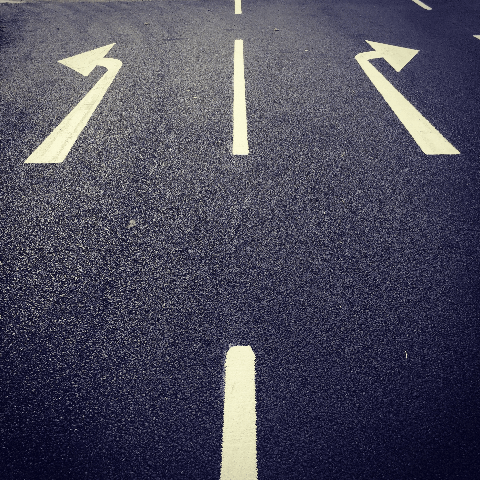 Career management and planning
Career management and planning
Turn left?
 Turn left? Turn right? Whovians know what happened when Donna turned right instead of left: an alternate reality in which she never met the Doctor, directly leading to his death and eventually a descent into world dystopia.
Turn left? Turn right? Whovians know what happened when Donna turned right instead of left: an alternate reality in which she never met the Doctor, directly leading to his death and eventually a descent into world dystopia.
I think a lot of us feel that way about significant decisions. Right? Left? Pros and cons. What ifs. How do I know what the right decision is? What if I make the wrong decision and live to regret this? Cold feet at the last minute. Second-guessing yourself.
I believe the truth is that we can never know the full implications of any decisions we make. We need to make decisions based on the best knowledge that we have at any given time, and then commit and follow through.
If you’re gripped by decision paralysis, remember this: much of the time there is no right or wrong decision. Whatever choice you make will have its own outcomes – the true impact of a decision is not seen in the moments after making it, but depends on you making that choice the right one for you. Don’t look back to fret about alternate realities that may never have happened even if you had made a different decision.
If you’re having problems making big life and career decisions, coaching can help. Drop me an email or message and let’s get this show on the road.
– Written by Natalie Snodgrass Tan, Quiet Space Ltd
 Last week I wrote about learning more about
Last week I wrote about learning more about 



